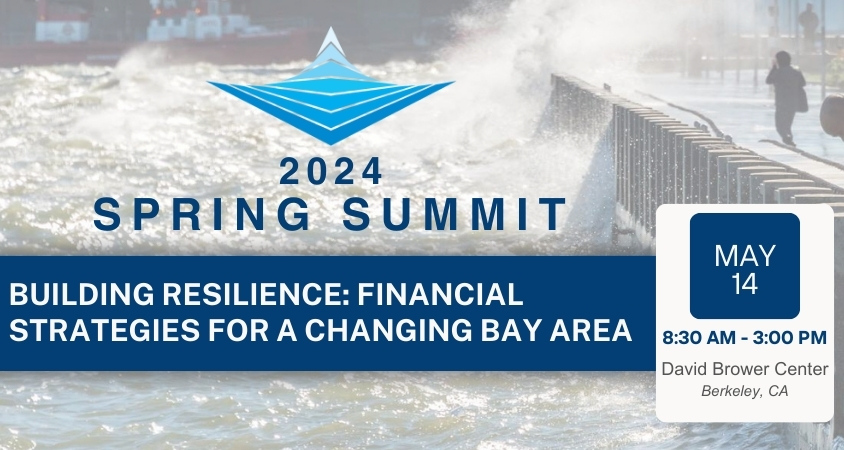 Legislation authored by state Senator Robert Hertzberg, Senate Bill 163 (SB 163), is worthy in its intent to increase the production and use of recycled water in California. Unfortunately, the bill is a flawed concept and bad for business.
Legislation authored by state Senator Robert Hertzberg, Senate Bill 163 (SB 163), is worthy in its intent to increase the production and use of recycled water in California. Unfortunately, the bill is a flawed concept and bad for business.
SB 163 would require wastewater treatment facilities that discharge treated wastewater to the ocean to instead recycle 50 percent of their treated wastewater by 2026 and 100 percent by 2036. Increasing the production and use of recycled water is a laudable goal. Water suppliers and wastewater treatment agencies increasingly and appropriately view wastewater as a valuable resource that can be recycled and reused and are diligently working to increase the production and use of recycled water. However, recycled water must continue to be a growing part of the broader water supply portfolios that water suppliers develop after considering many factors, including water supply reliability.
With its aggressive targets, SB 163 imposes an unreasonable and unworkable mandate that will hurt businesses and all water customers.
Complying with SB 163 would require an enormous investment in new infrastructure to treat, store and distribute recycled water. Businesses will see drastic increases in both water and wastewater rates. While recycled water projects are an important means of increasing water supplies, the rate increases that would be needed if SB 163 is implemented would be difficult if not impossible for many businesses to absorb and cannot be viewed in isolation. Paying for water and wastewater service is just one of many costs that businesses face. The magnitude of the water and wastewater rate increases that would occur under SB 163 would be unduly burdensome for many businesses.
In addition, the massive investment that would be needed in recycled water infrastructure would mean that investments in virtually all other water and wastewater infrastructure would be severely curtailed. Businesses will face the potential of less water supply reliability as water suppliers and wastewater agencies will be forced to expend resources to meet SB 163’s mandate instead of replacing or upgrading existing infrastructure. SB 163 fails to acknowledge that funding assistance would be needed to pay for recycled water infrastructure and keep water and wastewater services affordable.
There is also the issue of how energy intensive recycling water can be that SB 163 does not account for. Recycling all treated wastewater instead of discharging it to the ocean as the bill mandates would increase energy use and add a huge hurdle for communities and businesses to meet greenhouse gas emission reduction requirements, thus defeating a critical state goal.
Finally, SB 163 fails to acknowledge reality and leapfrogs the necessary state regulatory process to provide for additional uses of recycled water beyond the currently allowed uses, such as non-potable use, including irrigation, and limited groundwater recharge. The state regulatory scheme to allow for all uses of recycled water is not complete and no completion date is in sight. With only limited options available, there is nowhere for all the recycled water to go.
Fresh water is an important and limited resource in California and we must continue to pursue feasible approaches to increasing the production and use of recycled water. However, the mandate in SB 163 is short-sighted and will end up harming businesses and the environment. Instead of imposing an unworkable mandate, lawmakers, businesses, water suppliers and wastewater treatment agencies should be working together to identify and implement cost-effective and environmentally-sensitive water recycling solutions.
“The Bay Planning Coalition is a non-profit organization well known for its advocacy and credibility in the San Francisco Bay Area corporate and environmental community. When we speak about an issue, legislators and regulators listen.”
Tags: legislation, recycle, sb163, wastewater

